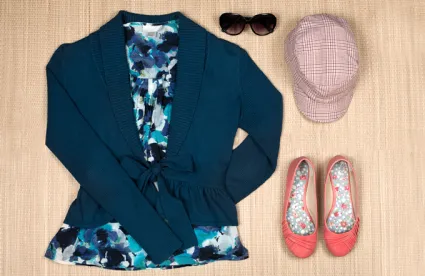Two plaintiffs learned the hard way that not all environmental marketing claims are treated the same. A federal judge in Missouri recently dismissed a proposed class action by the shoppers against H&M over the company’s marketing of its “Conscious Choice” fashion line.
The suit, which brought claims under Missouri’s Merchandising Practices Act (“MMPA”) as well as common law claims for unjust enrichment, negligent misrepresentation, and fraud, took issue with H&M’s representations that its Conscious Choice garments—made from a certain percentage of organic cotton and recycled polyester—contain ‘more sustainable materials’ and that the line includes ‘its most sustainable products.’” The Complaint claimed that H&M’s advertising of the collection this way was misleading, given Plaintiffs’ allegation that clothing made from recycled polyester will likely end up in a landfill because its fibers are weakened as they are mechanically recycled from polyethylene terephthalate (PET) bottles.
H&M did not represent that its Conscious Choice products are sustainable, or more sustainable than its competitors, only that the line includes its most sustainable products, found U.S. District Court Judge Rodney W. Sippel before dismissing the case.
“No reasonable consumer would understand this representation to mean that the Conscious Choice clothing line is inherently ‘sustainable’ or that H&M’s clothing is ‘environmentally friendly’ when neither of those representations were ever made.” Instead, the “only reasonable reading of H&M’s advertisements is that the Conscious collection uses materials that are more sustainable than its regular materials,” Judge Sippel said.
Putting it into Practice:
Retailers are fighting a wave of “greenwashing” cases in recent months alleging misleading marketing surrounding a product’s sustainability. Indeed, the day after the proposed class action against H&M was dismissed, the same lawyers filed a similar lawsuit against another retailer in federal court in Missouri raising nearly identical claims. The court’s ruling in Lizama suggests that companies must take extra care in crafting language surrounding the sustainability of products so as to avoid liability for broad environmental benefits that cannot be substantiated. Here, H&M stuck to comparative claims about its own products (our most sustainable products) and did not get carried away with broader claims (our products are sustainable or the most sustainable products) it would have struggled to defend. That careful drafting of claims paid off.



 />i
/>i

